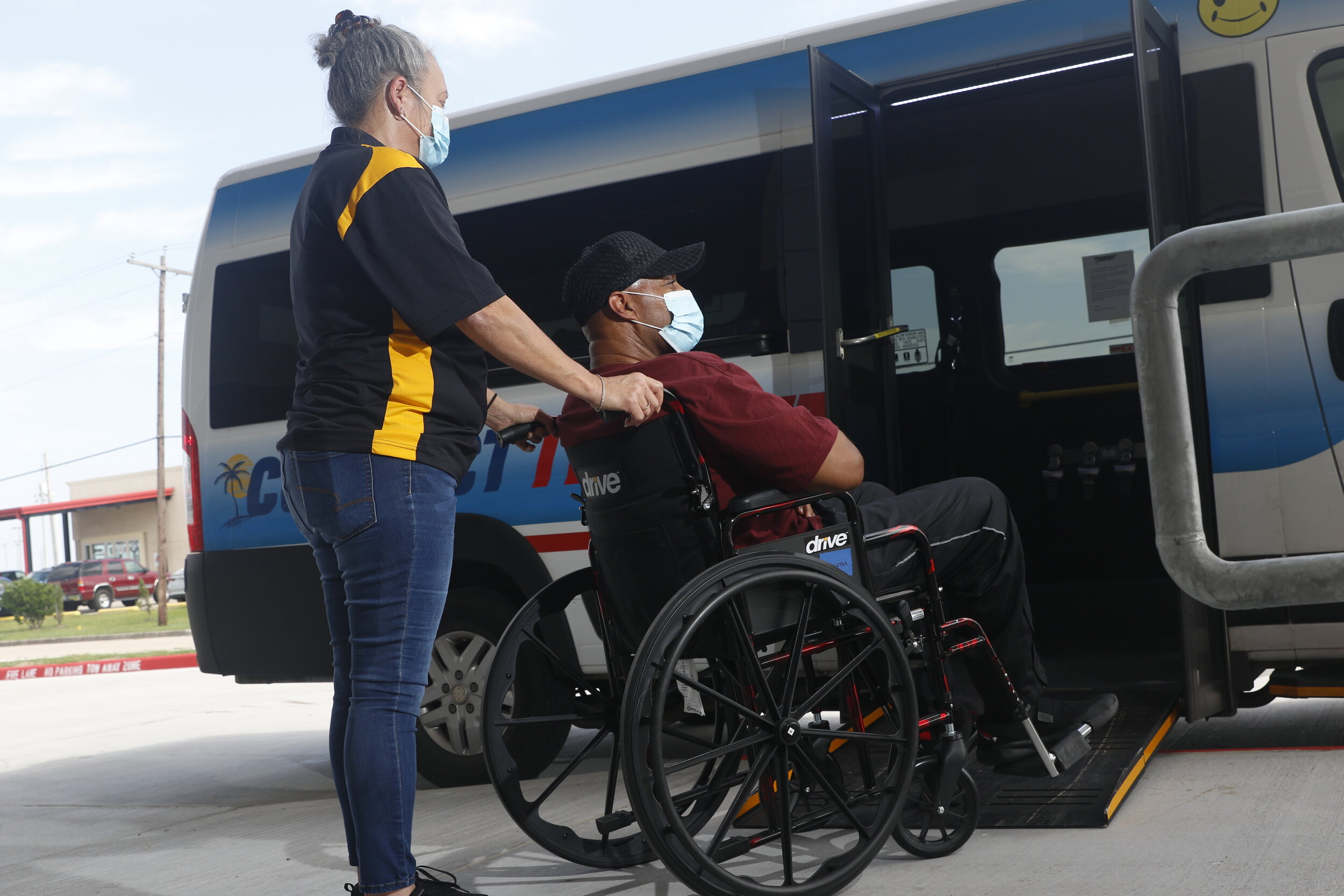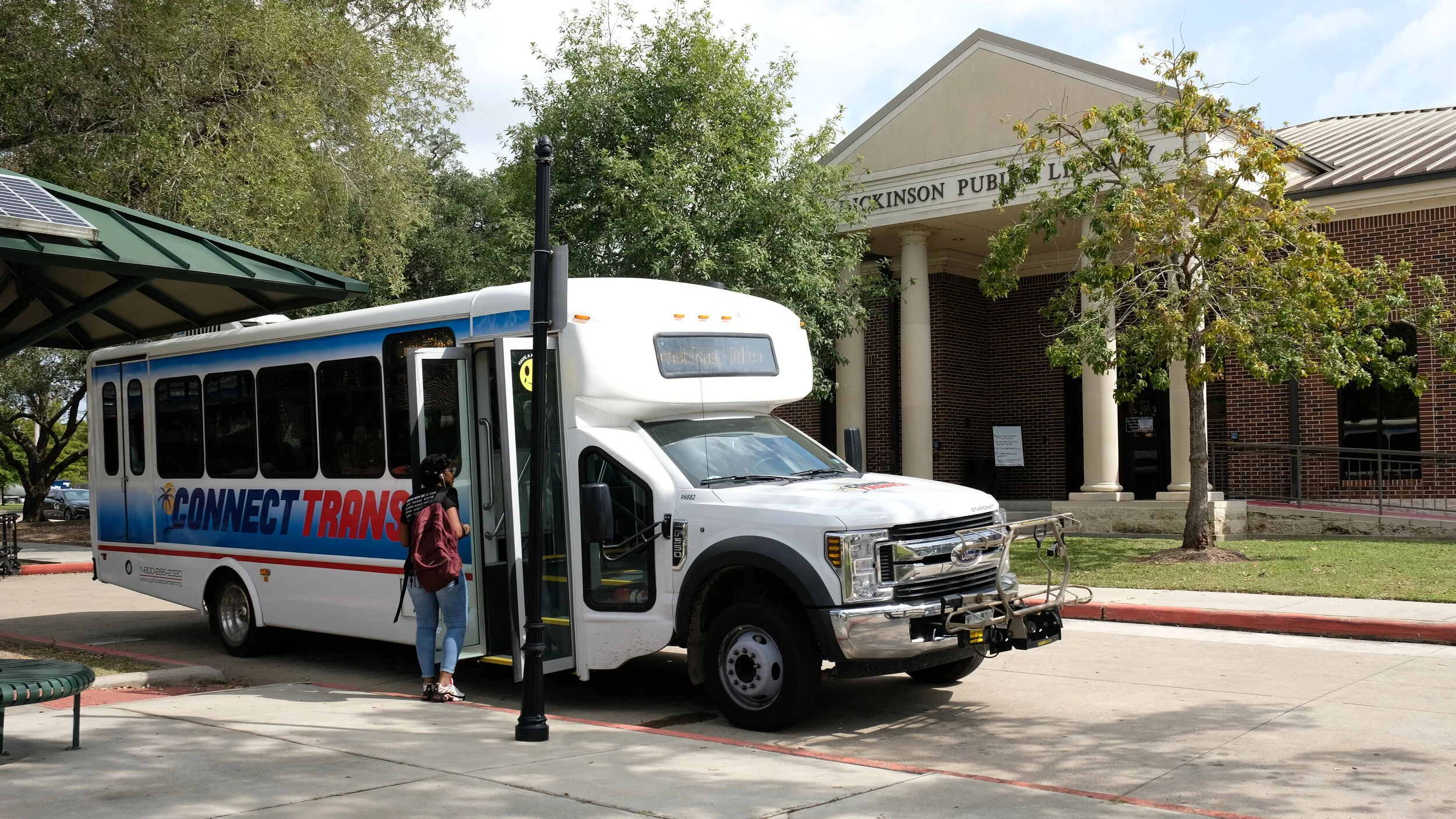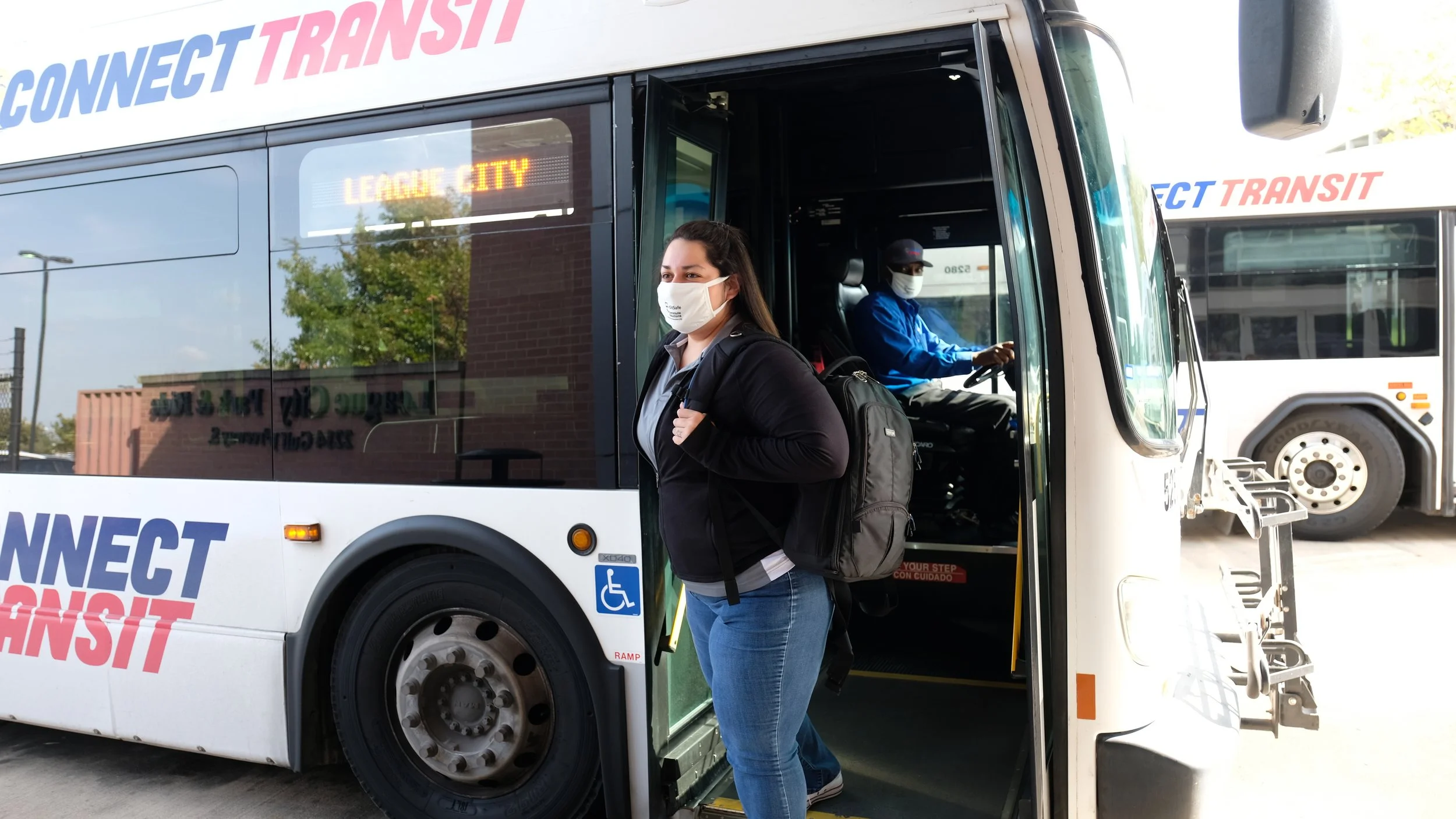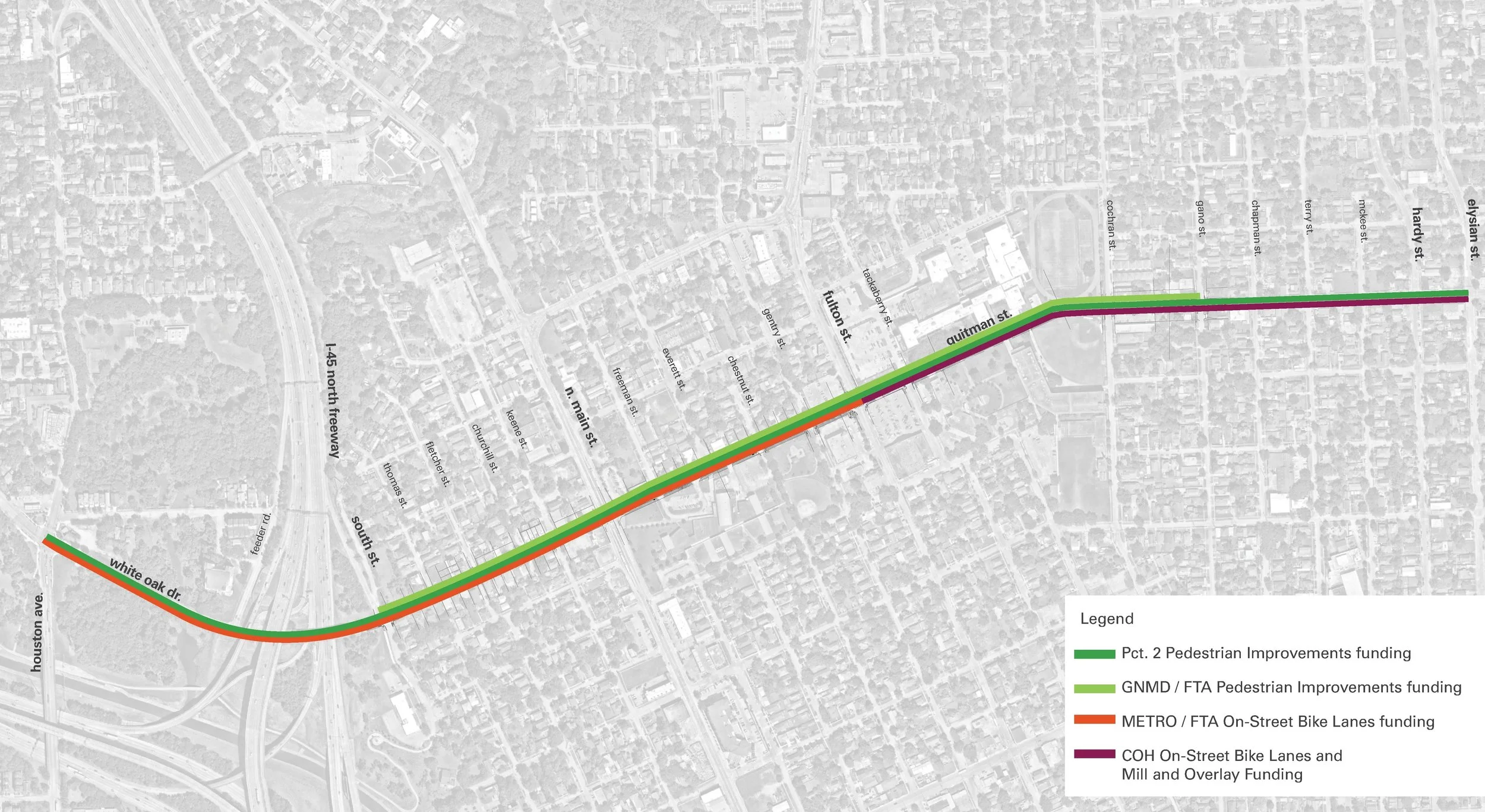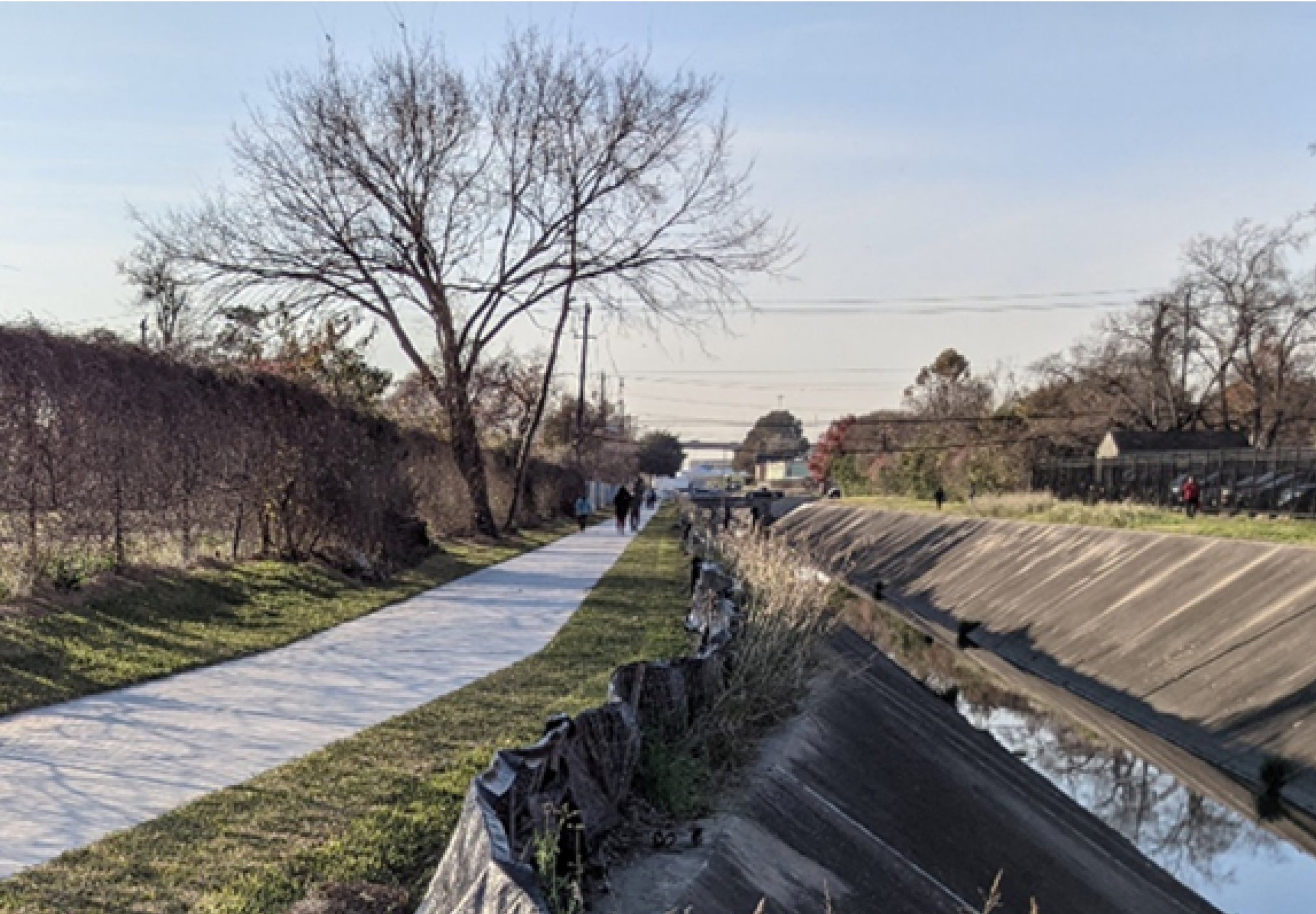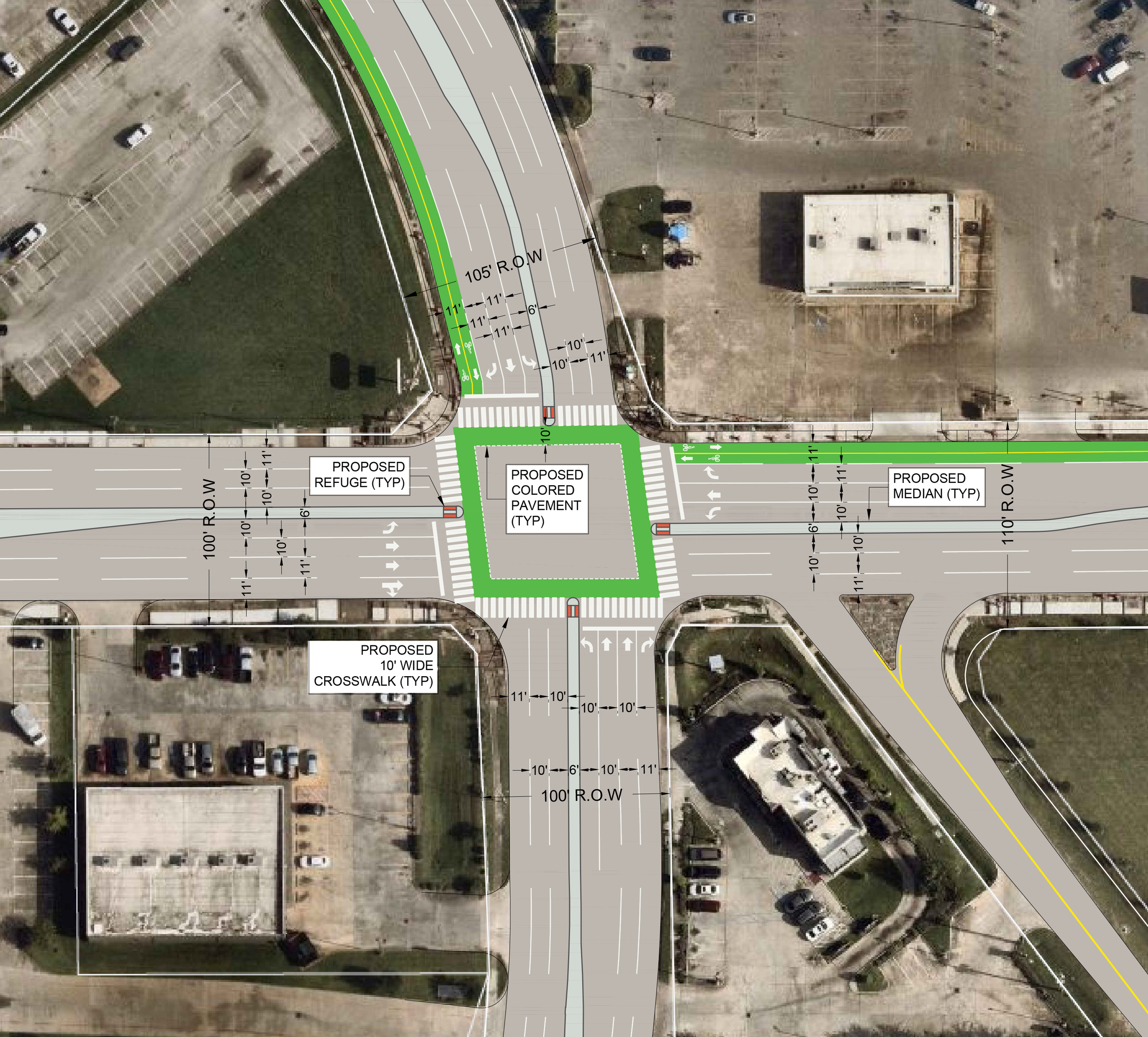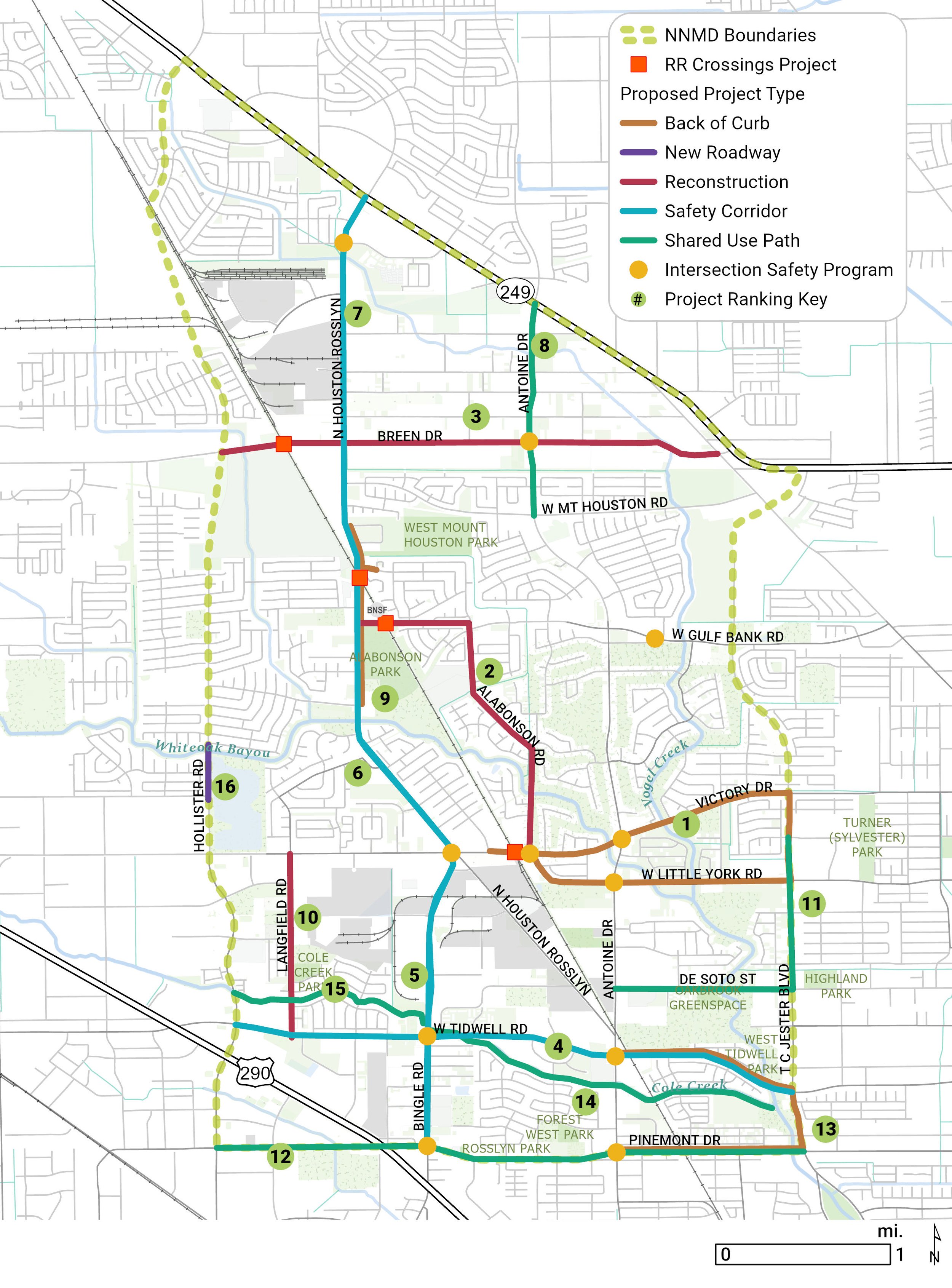Gulf Coast Transit District
The Gulf Coast Transit District (GCTD) was recognized in May 2020 as the new provider of public transportation services for Galveston and Brazoria counties, a 2,000 square mile service area with a population of 550,000. Operating under the name Connect Transit, the GCTD is taking over the reins from the Gulf Coast Center (GCC), a community mental health organization, after over 40 years of service. By separating, each organization will be better positioned to focus on their core missions; and for GCTD, the opportunity to re-envision its public transportation service.
To create the GCTD, TGC managed the intergovernmental processes to receive recognition from local stakeholders, including county commissioners, mayors, and city councils; and from funding agencies such as the Houston-Galveston Area Council (H-GAC), Texas Department of Transportation (TxDOT), and Federal Transit Administration (FTA). We leveraged our in-depth knowledge of transit administration to complete all compliance documents and programs as required by GCTD’s funders, procure goods and services for the new district, provide administrative support to the new GCTD Board of Directors; and transfer all assets and personnel from GCC to GCTD. TGC activities included:
Led effort from strategic evaluation to launch of independent transit district with an annual budget of approximately $5M
Managed FTA process to award Direct Recipient status to the GCTD
Re-envisioned GCTD with new branding
Completed ten policy and compliance documents
Procured goods and services ranging from health and dental insurance, to risk insurance, to software and hardware and IT services
Existing Conditions Overview, Scenario Planning, and Recommendations
This effort provided the first comprehensive overview of the GCTD’s existing system, operations, and funding sources while concurrently developing a series of operational and financial scenarios for the District to consider implementing moving forward. TGC work elements included:
Analysis and summary of existing ridership data, operational/capital costs, and other existing conditions information
Creation and facilitation of surveys to establish priorities, goals, and objectives by the GCTD Board along with key partner organizations
The establishment of vision, mission, and goals for the organization moving forward
Completion of transit demand modeling for a variety of service delivery types (fixed route, microtransit, park and ride)
Operational planning inclusive of new route design and service delivery strategies
Estimation of ridership changes, other benefits, and associated costs for operational changes
Stakeholder engagement with member communities, health and human service agencies, and other public and private partners
Development of operational and financial scenarios for the District to consider implementing moving forward
“This [work] is great – this information should be provided to all new Board members as part of their orientation.”
Sectors: Transit Planning; Mobility & Transportation Planning; Intergovernmental Relations & Funding Pursuit; Grant Management, Compliance & Procurement
Services: Transit Planning & Modeling (Commuter Bus, Fixed Route, Demand Response, Park & Ride, Microtransit), Technical Analyses (Benefit-Cost, Financial, Staff), Assessments (Organization, Human Resource, Asset), Operating & Capital Budgeting, Legislative Framework & Governance Structure, Procurement & Compliance, Funding Pursuit, Implementation Strategy, Intergovernmental Coordination, Stakeholder Engagement, Grant Management
Explore More Projects
For additional information or questions, contact TGC to learn more about our services, our team, and our mission to connect capital to communities across Texas and beyond.





